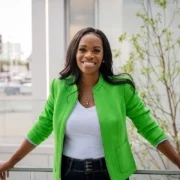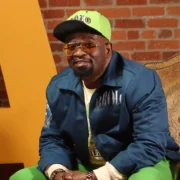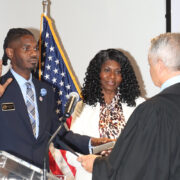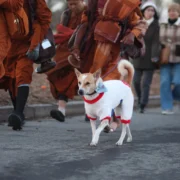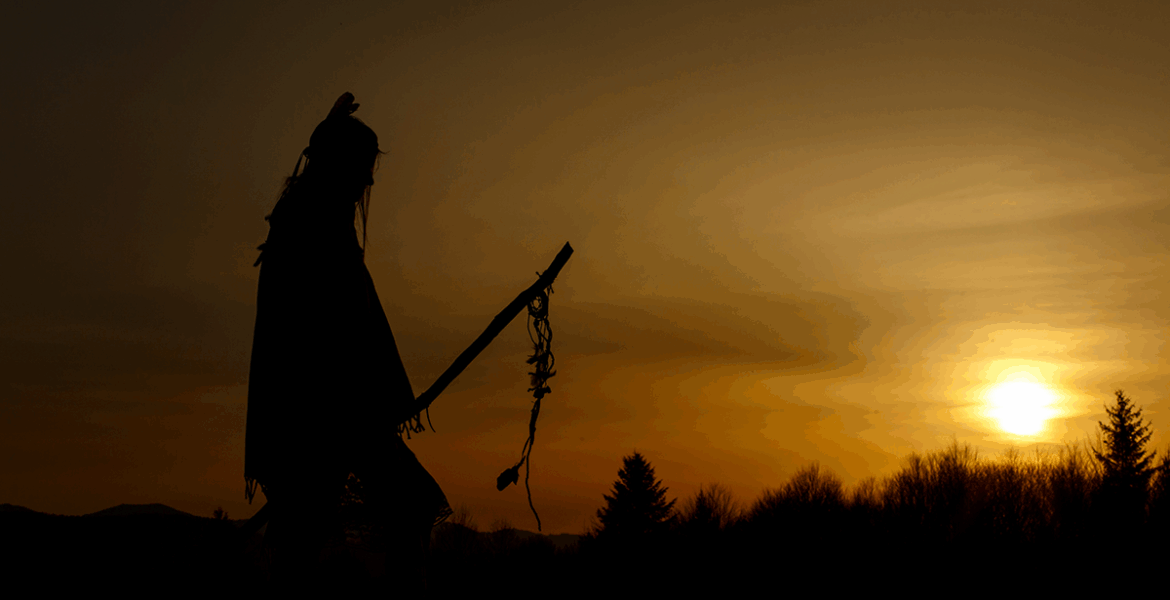A fictional letter written from Clayton County, Georgia, in 1920—reflecting on land, loss, and legacy through the voice of a neighbor speaking across time.
Dear Child of the Future,I write to you from a place you will know only through the stories of others, a place whose red clay will stain your imagination if you let it. I do not know your name, but I know your blood—because this land, and the way it remembers, binds us.You are the descendant of someone who lived and labored here in Clayton County when the weight of chains had been lifted in name but not in truth. I am the child of a people who walked this land before there were counties or borders, before the names on maps swallowed the names in our language.My grandparents were here before Georgia was Georgia, before the first shot of the Civil War, and long before the word “reconstruction” meant anything more than rebuilding a burned-down cabin. By the time I was born, the war between North and South had been “over” for years. The guns were quiet, but no one won here.Not your people, who were promised freedom but given new chains made of laws and ledgers. Not mine, who were promised peace but found themselves penned in by fences and deeds. Not the poor white farmers either, who bled for a cause that left them poorer still. The earth was indifferent—it only asked to be worked, and it kept its own counsel about who belonged.My grandfather had seen the war with his own eyes. He told me stories of soldiers in gray and in blue and how both left the same scars. He said the smoke of war never really cleared here; it just settled lower, mixing with the morning mist.
We lived near the Flint River, where sycamores reached over the water like they were trying to remember their reflections. Perhaps your great-grandparents stood on the same banks—washing clothes or cooling their feet after a day in the fields. The river didn’t care who you were; it welcomed anyone who came thirsty. Nature could hold a kind of fairness people could not.
Your people and mine were taught to stand apart. It was a trick, though I did not see it clearly as a child. I only saw the sameness of hunger, the sameness of calloused hands. Your grandfather’s back bent under the same sun as mine. His crop could fail as quick as ours, his children could sicken in the same summer heat.
“They made us enemies so we wouldn’t notice we were the same kind of poor,” my grandfather said.
He was right. Humanity, I learned, is more often divided by what we are told than by what we truly are. That is why no one won the Civil War—we all inherited the wounds, just different kinds.
The county was a blend of beauty and burden. Spring arrived with dogwoods and redbuds so bright it was as if the land apologized for winter’s cruelty. Summers were long and heavy, pressing on your chest like a weight. We worked through it all because the land didn’t wait for comfort—it waited for labor.
I wonder if your people told you what mine told me: Even if the ground is taken, the sky is still yours. That saying kept us alive. We could not stop the trains that brought strangers to claim what they did not earn. We could not rewrite the laws that kept us from owning the ground we worked. But we could still look up and name the constellations in our own tongues.
When I was sixteen, I asked my grandfather why folks in town still argued over the war. He said, “They have to believe they won, or else they’d have to face how much they lost.” Those who claimed victory needed the story to soothe them. Those who lost nursed bitterness like it might keep them warm. Under it all, loss had no sides.
Your ancestors carried the loss of stolen generations and stolen futures. Mine carried the loss of a homeland we could no longer roam. The poor whites carried the loss of a war fought for the wealth of others. All of us lived in the shadow of something we did not start and could not finish.
By the 1920s, cars rattled down dirt roads and the fairgrounds glowed with electric light, but the land still whispered the same truth: We plant. We lose. We plant again. People draw lines; people cross them. The river keeps bending. The trees keep reaching. The earth does not care who claims it.
I write so you will remember when stories are dressed up in flags and speeches. They will tell you who was right, who was wrong. Listen—but look deeper. The truth lives in the calluses, the hunger, the stubborn act of planting something again after it has been taken.
You are proof your ancestors survived what they were not meant to survive. That is a quiet kind of victory—not the kind shouted in parades, but the kind that grows roots deep enough not to be pulled out.
The land remembers. Every hand that worked it, every back bent over it, every life taken too soon upon it. In its memory, there are no winners—only people, all of them trying to belong somewhere.
May you belong here not because of the battles fought, but because of the life made in their shadow. And may you know, as I came to know, that the ground can be stolen, but the sky—if you lift your head—remains your own.
With respect and remembrance,
A Neighbor in the Red Clay


